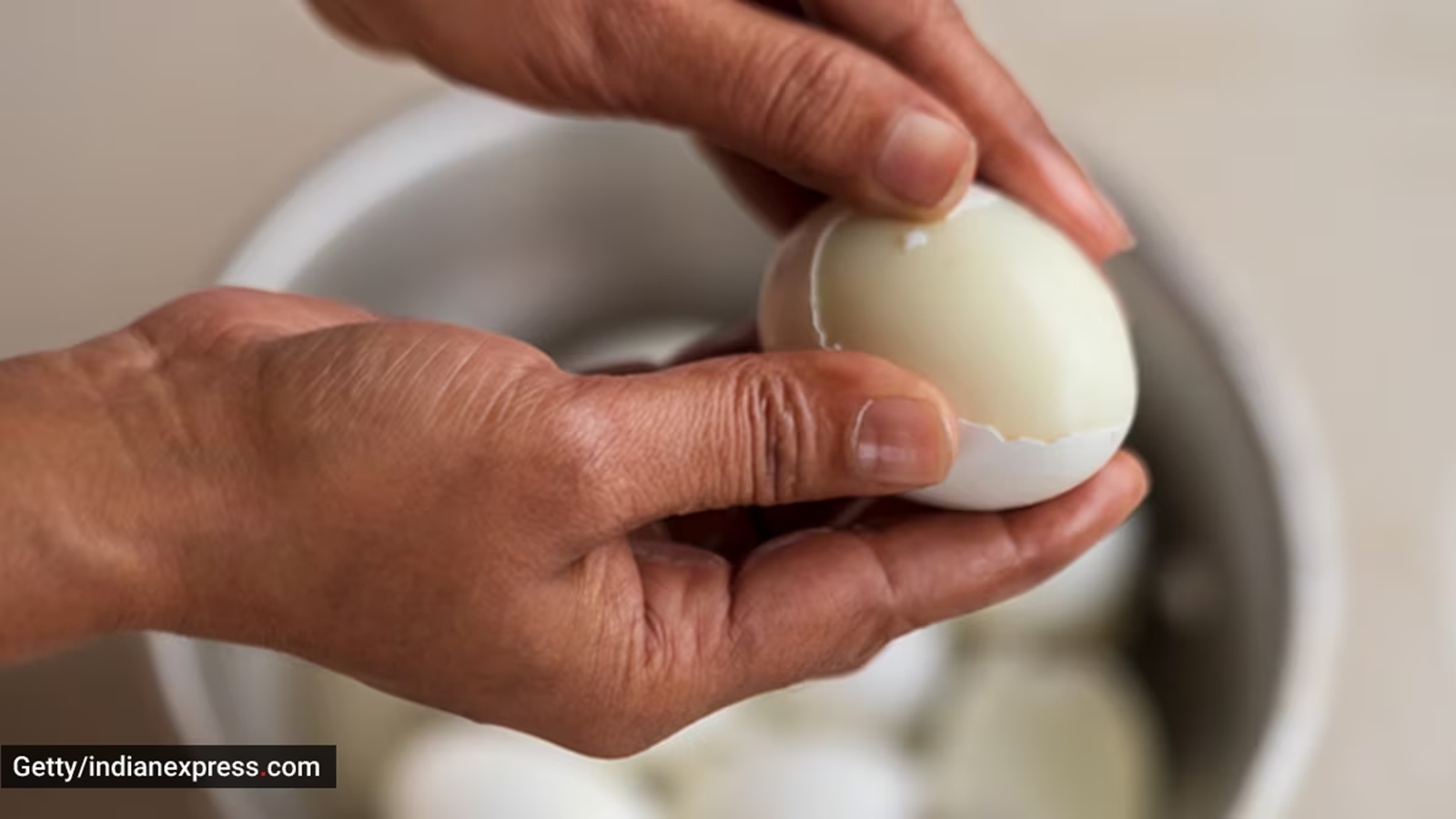Your breakfast egg now costs more than last year and is likely to get costlier.
The price of eggs has shot up following a significant dip in production due to back-to-back months of low realisation this year because of the festive season when consumption of eggs is normally low.

The National Egg Coordination Committee (NECC)’s average declared egg rate in Pune for October this year was Rs 515.56 for 100 eggs. Last October, the price was Rs 484.13. In Namakkal, a major egg market in Tamil Nadu, which reported rates of Rs 445.97 per 100 eggs in October 2022, the price increased to Rs 508.39 this October. Similarly, Vijaywada in Andhra Pradesh reported average October price of Rs 532.06 per 100 eggs as compared to Rs 450.81 last year.
Vasanthkumar Shetty of the Poultry Breeders and Farmers Welfare Association (PBFWA) said sustained losses by farmers led them to cut production. “Prices since March were below the cost of production of Rs 470-480 (for 100 eggs). But feed costs continue to be high. This supply pinch is the reason for the present price rise,” he said.
India, on an average, consumes around 30 crore eggs per day. Other than Maharashtra, Andhra Pradesh, Telangana and Tamil Nadu are major egg or layer production centres.
Layer or egg-laying birds have a longer life cycle than those which are raised for their flesh. Farmers buy one-day old chick (ODC) from breeders and raise them for the next two years. Birds start laying eggs from their fifth month and continue to do so for the next 1.5 years. The birds are then replaced by new ODCs and the cycle continues. During their lifetime, layer birds consume 50 kg feed, which consists of 50-55 per cent of maize as the carbohydrate component , 20 percent de-oiled soyabean cake (DOC), the protein component, with minerals and feeders constituting the remaining part.
Prasanna Pedgaonkar, general manager of poultry major Venkateshwara Hatcheries Ltd, said, “In case of a layer the production cycle is longer than that of broiler. Thus it would take some time for the supply to be restored.”
Story continues below this ad
The poultry industry expects increased demand for eggs post Diwali, which would see prices rising further. “Around 10-15 percent of the layer farmers have not replaced their stock, so production would not keep pace with demand,” they said.
In Andhra Pradesh, Arun Reddy of VSN Poultry said layer farmers continue to absorb losses they incurred earlier this year. Reddy’s farm maintains a brood of six lakh egg laying birds. “Most farmers have losses to account for, so they would not be in a position to restock their production line fast,” he said.
Asked about the low prices earlier this year, hatcheries say it was because of overproduction as well as subdued demand. “This year the summer started early. People normally avoid eggs during the summer season. Thus post February the price of eggs has dropped,” said a poultry farmer from Telangana.
The effect of these losses are now being felt across the country in terms of lower than expected supply and increased prices.









